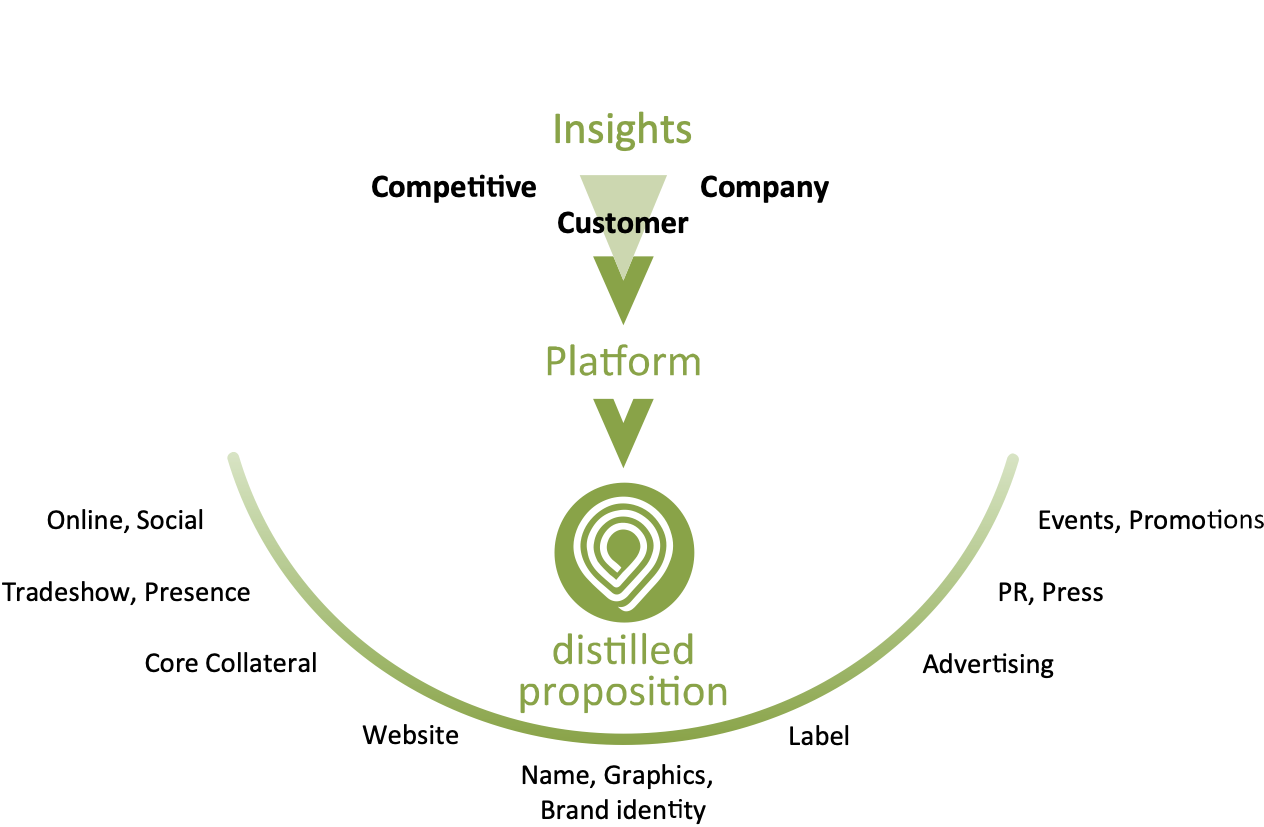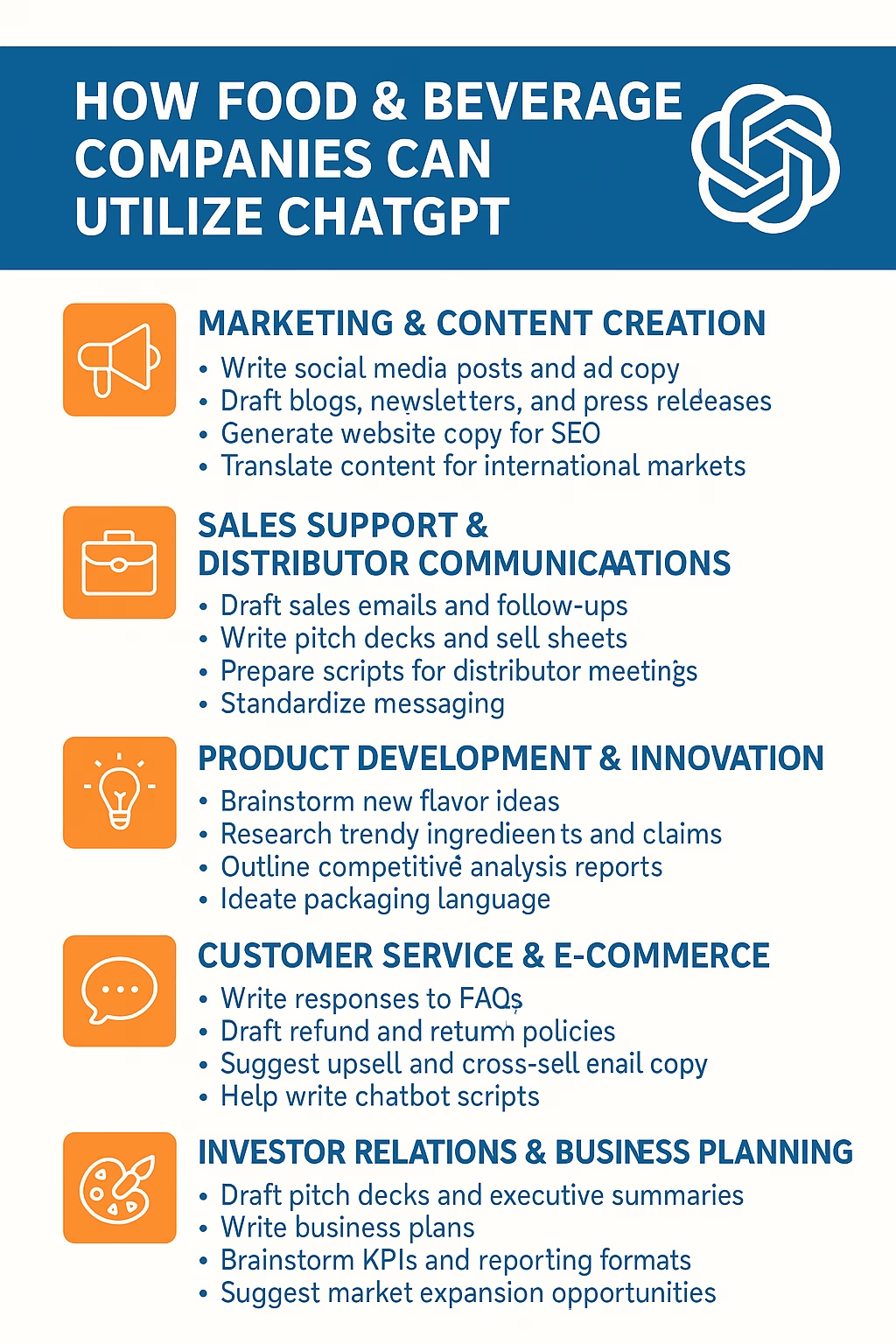This roadmap serves as a strategic compass for anyone building a brand—from early-stage entrepreneurs to CMOs at global companies. Follow…
The Role of Consulting in Business Strategy Development
In the complex world of business, strategy development is crucial for sustained success and growth. Business strategy consulting plays a pivotal role in this process, offering expertise and insights that can propel businesses forward. Here’s how consulting is shaping business strategy development.
1. Expert Insights and Industry Knowledge
Consultants bring a wealth of knowledge from various industries and markets. They provide expert insights that many businesses might not have internally. This external perspective can be invaluable in identifying opportunities for innovation and improvement that internal teams might overlook due to their close proximity to day-to-day operations. Explore the benefits of expert insights.
2. Objective Analysis and Independent Perspective
One of the key benefits of business strategy consulting is the objective analysis consultants provide. They can offer unbiased opinions and fresh perspectives, free from the internal politics or emotional attachments that might cloud judgment within a company. This independent viewpoint helps in making critical business decisions more effectively. Learn more about the importance of objective analysis.
3. Strategic Planning and Implementation
Consultants not only help develop strategic plans but also assist in their implementation. They can guide businesses through the process of aligning their organizational structure, processes, and culture with their strategic objectives. This holistic approach ensures that the strategy is not just a plan on paper but is executed efficiently across the organization. Read about effective strategic planning.
4. Facilitating Change and Managing Resistance
Introducing new strategies often requires change, which can be met with resistance within an organization. Consultants are skilled in change management and can help businesses navigate these challenges. They can play a crucial role in communicating the benefits of the new strategy, training staff, and ensuring that changes are implemented smoothly. Discover strategies for effective change management.
5. Customization of Strategies
Business strategy consultants recognize that one size does not fit all. They work closely with businesses to understand their unique challenges and objectives. This tailored approach ensures that the strategies developed are not only effective but also specifically aligned with the needs and goals of the business. Learn about the importance of customized strategies.
6. Leveraging Technology and Innovation
In today’s digital age, leveraging technology is key to maintaining competitive advantage. Consultants can help integrate the latest technological advancements into your business strategy. This might include digital transformation, implementing new IT systems, or adopting cutting-edge technologies that streamline operations and enhance service delivery. Explore how technology can enhance business strategies.
7. Performance Improvement
Consultants analyze existing business processes and performance metrics to identify areas for improvement. By optimizing these areas, businesses can enhance efficiency, reduce costs, and improve overall performance, which is essential for achieving strategic goals. Find out how to improve business performance.
8. Risk Management
Developing a business strategy involves risk. Consultants help identify potential risks and develop mitigation strategies. Their expertise in foreseeing market trends and potential obstacles can help prepare businesses to face uncertainties more effectively. Learn about effective risk management strategies.
9. Training and Development
Consultants often provide training and development to ensure that all team members are up to speed with the new strategies and practices. This educational role is crucial for the long-term success and sustainability of the strategy implemented. Explore training and development best practices.
10. Continuous Support and Evolution
Business strategy consulting does not end with the implementation of a plan. Consultants often provide ongoing support to businesses, helping them to continuously adapt and evolve their strategies in response to changing market conditions and business needs. Discover the importance of continuous support.
In conclusion, the role of consulting in business strategy development is integral to modern business practices. By harnessing the expertise, objectivity, and innovative approaches of consultants, businesses can develop robust strategies that foster growth and ensure competitiveness in the ever-changing business landscape.







